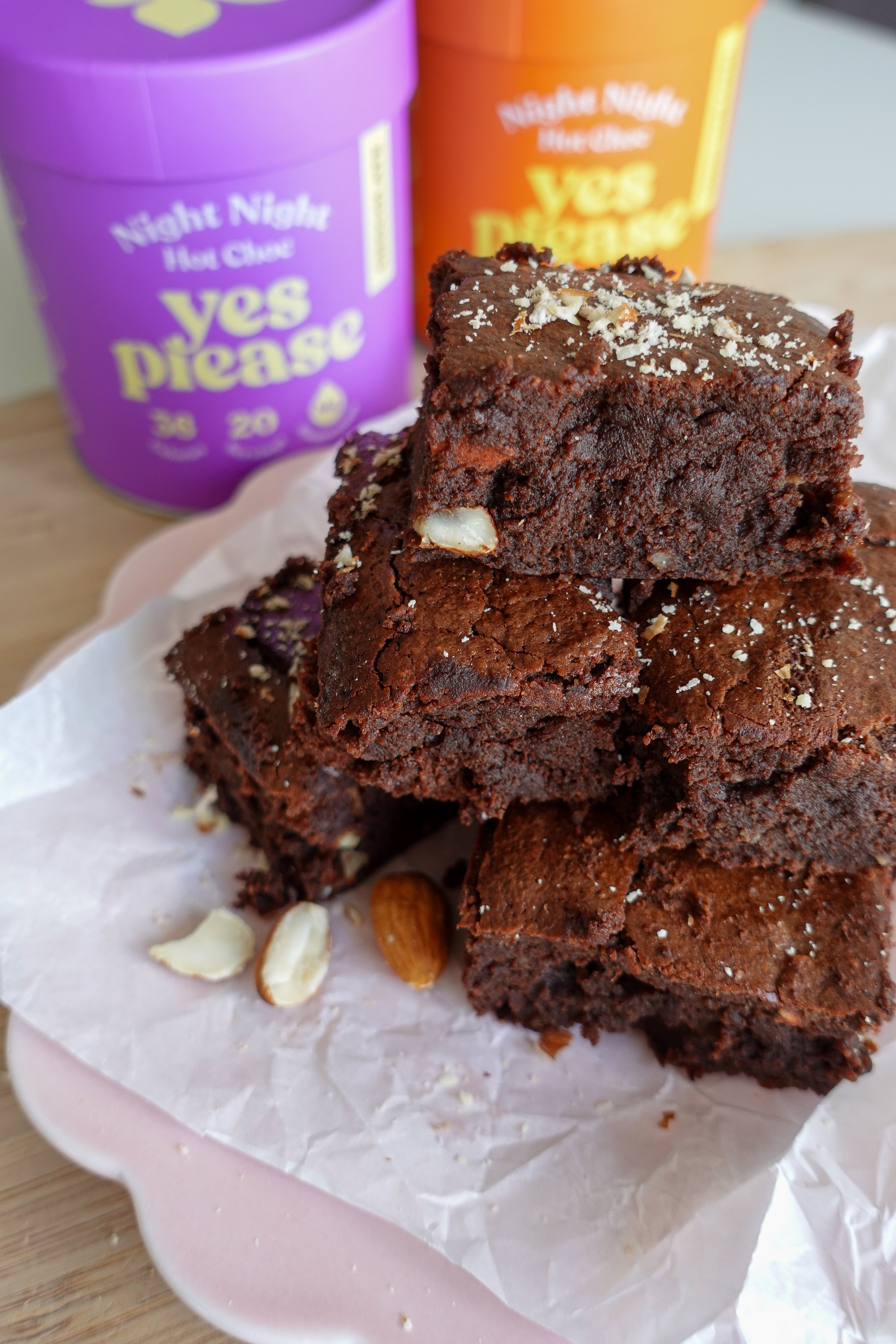
· By Leah Itsines
IBS Explained
Irritable bowel syndrome or IBS is a condition which affects between 5 to 10% of the healthy population. IBS tends to be diagnosed after ruling out other gut issues, like coeliac disease and inflammatory bowel disease, as well as the presence of symptoms, including abdominal pain and altered bowel habits. We don’t know exactly what goes on in the body that causes IBS, however we do know the relationship between the gut and the brain plays a role.
IBS is a chronic condition, which can ebb and flow in severity, and can very often have a significant impact on the quality of life of the sufferer. Management of IBS is generally focussed on controlling the symptoms, and can include medication, lifestyle and psychological approaches. Some people find their symptoms improve when they make dietary changes, commence certain supplements and/or manage stress and anxiety. Everyone is different, and not one approach fits all. Speak to your health care team about the most suitable management strategies for you.
Dietary approaches to managing IBS
When it comes to irritable bowel syndrome, no one person is the same. What one person finds is a trigger for their symptoms another may find soothing. It is important to understand your body and its triggers and from this determine the best management strategy. There are several dietary approaches that some people swear by.
These include:
- Following a diet low in gas-producing foods, i.e cabbage, onion, beans, alcohol
- Following a diet that is low in fermentable oligo-, di-, and monosaccharides and polyols (commonly referred to as the low FODMAPs diet). Speak to your health care professional about this, seeing a dietitian is a perfect place to start with this.
- Supplementation of fibre, especially for those people who suffer constipation as part of their IBS.
There are many different strategies that may assist you in reducing the inconvenience, pain and discomfort of IBS. So please speak with your health professional about your specific symptoms and potential dietary factors. This will ensure other issues are ruled out and the best treatment plan specific for you can be provided.
References:
Portincasa, P., Bonfrate, L., de Bari, O., Lembo, A., & Ballou, S. (2017). Irritable bowel syndrome and diet. Gastroenterology report, 5(1), 11–19. https://doi.org/10.1093/gastro/gow047
Weaver, K. R., Melkus, G. D., & Henderson, W. A. (2017). Irritable Bowel Syndrome. The American journal of nursing, 117(6), 48–55. https://doi.org/10.1097/01.NAJ.0000520253.57459.01
Ford, A. C., Sperber, A. D., Corsetti, M., & Camilleri, M. (2020). Irritable Bowel Syndrome. Lancet, 396(10263), 1675-1688. https://doi.org/10.1016/S0140-6736%2820%2931548-8









